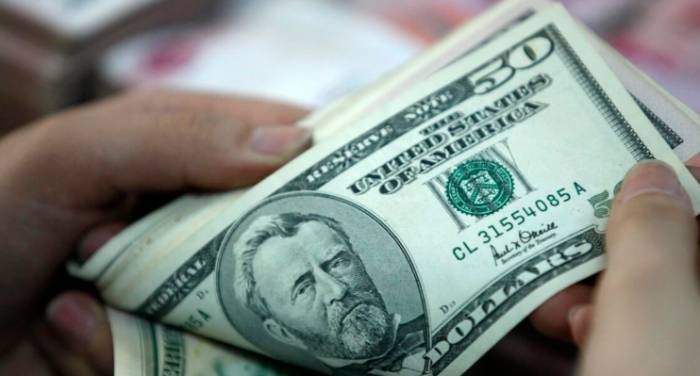"The longer the term, the higher the return," this has been the default rule for bank deposits for many years, but recently some strange phenomena have occurred. Some banks' fixed deposits have a higher interest rate for 3-year terms than for 5-year terms. What's going on here? It turns out there's a hidden reason behind this, so how should we, the general public, respond? Let's understand it together:
Recently, friends who have been to some state-owned large banks for fixed deposits may have noticed that the interest rates for 3-year and 5-year terms have "inverted." For example, a certain bank's 3-year fixed deposit interest rate is 3.15%, while the 5-year fixed deposit interest rate is only 2.75%. This kind of situation is indeed very rare. Upon careful analysis, there are several main reasons for this:
Firstly, the impact of the interest rate downtrend cycle
For a considerable period, China's deposit and loan interest rates have been continuously declining. For instance, last year, most 3-year large-amount certificates of deposit were above 4%, but this year, many can only maintain around 3% or even lower. And given the current situation, the trend of interest rates continuing to fall is likely to persist.
In such circumstances, as a bank, if they introduce long-term fixed products at the current interest rates, they will definitely be high interest rates at that time in a few years. In other words, high-cost deposits will increase the bank's interest-bearing costs in a few years, which is not cost-effective at all. So, you may have noticed that many banks nowadays prefer you to deposit for 1-year terms rather than 3 or 5 years. The intention to lower the interest rates for long-term deposits is quite clear.
Advertisement
Some may ask, does the bank not need money? Isn't it better to have more deposits for several years at your place? This leads us to our second reason.II. Banks No Longer Lack Funds
In recent years, with the ongoing pandemic, the slump in the real estate market, and the slowdown in economic growth, the risks associated with people's investments have been gradually increasing. As a result, more and more individuals are opting to deposit their money in fixed-term bank accounts rather than choosing to invest. Under such circumstances, banks' deposits have indeed become much more stable compared to the past, and the pressure to attract deposits has also decreased significantly. Consequently, it is reasonable for banks to lower interest rates to reduce costs when they are not short of funds.
Of course, the phenomenon of interest rate "inversion" is still largely concentrated in large state-owned banks, as these banks have relatively stable sources of deposits, which makes it much easier compared to joint-stock banks.
III. Releasing Liquidity
In the face of increasing economic downward pressure, how to stimulate the economy, encourage consumption, and increase investment has become the "top priority" for government departments in various regions. However, people are depositing their money in banks, and it's not uncommon for them to lock it away for three or even five years. To address this, measures are taken to lower interest rates to reduce the appeal of deposits, thereby achieving the goal of increasing liquidity.
So, how should we, the general public, respond to such a situation?
Firstly, in the absence of other stable investment channels, depositing money is undoubtedly the best choice. It is crucial not to invest blindly to avoid unnecessary losses.
Secondly, in the current period of declining interest rates, it is still quite reliable to opt for long-term products. However, if an interest rate inversion occurs, it is better to choose products with higher returns.Finally, in the context of continuously declining deposit interest rates, everyone can try to choose a variety of financial investment tools to enhance the overall return rate. For instance, low-risk financial products, fixed investment in funds, and money market funds are all excellent investment options.
In summary, as the economic downturn pressure increases, the level of bank deposit interest rates is also persistently decreasing, which directly affects our choices regarding investment products. Only by learning more and understanding better, and after thoroughly analyzing and judging the current and future situation, can we possibly make the right choices.
What are everyone's thoughts on the phenomenon of "inversion" in deposit interest rates?
We welcome your comments and discussions.
That concludes the content of this episode. If you have any other topics in financial management that you would like to know more about, please leave a message for me.

Leave a Reply